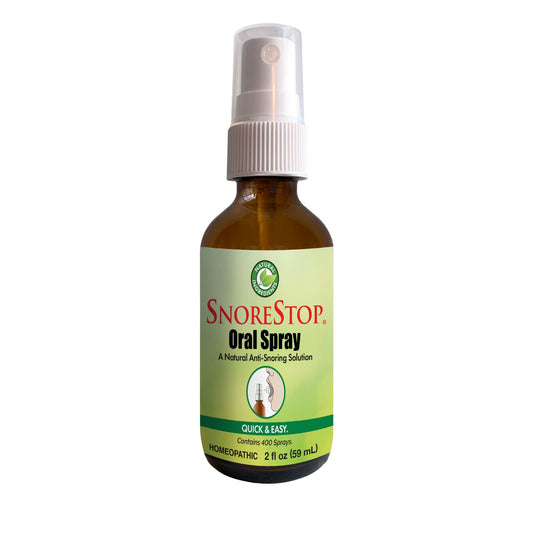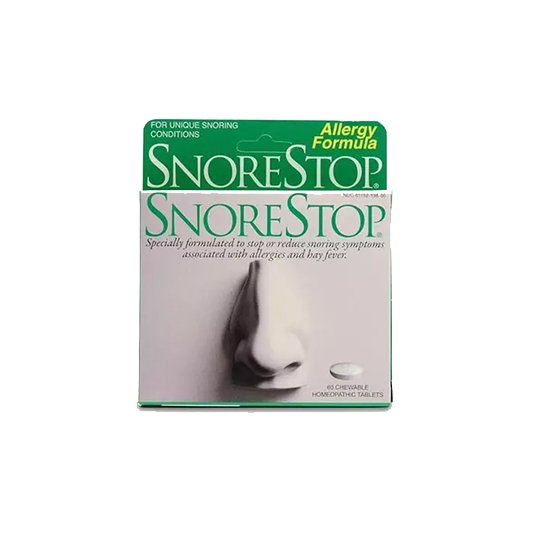
After a long day, you deserve a good night’s rest. But then, you hear a strange noise, and you can’t sleep. It’s not a generator. No one put the blender on either. You take a closer look, and it turns out that it’s your dog, snoring. Hearing a dog snore could worry the owner since snoring should not be taken lightly. In severe cases, your dog could have OSA.
How do you end this nightmare for you and your pet? First, you have to find out the cause(s) of their snoring. After determining the cause(s), finding a natural remedy for it comes next. To get your dog some relief, here are common causes and remedies for your snoring pet.
Common Causes of Snoring In Pets
If you don’t know what the problem is, you’ll be unable to solve it. Thus, understanding why pets snore is the first step to finding a solution.
Breed
One of the flipsides of some pet breeds is their tendency to snore. Most of the time, dogs and cats with this issue snore because of their unique build. In this case, the pet isn’t sick or in danger – it is just born that way. Brachycephalic breeds have a sleeping disorder called brachycephalic syndrome. This happens when a pet can hardly take in air through its lungs due to an obstruction in the airways.
Aspergillosis
Aspergillosis is a fungal disease that occurs in dogs and other pets. Dogs develop this disease because they are constantly exposed to grass, hay, and similar substances. Thus, inhalation irritates the nasal cavity. As a result, they snore. You may need to allergy relief products to provide some relief for the dog.
Obesity
When a pet can’t help but snore, it’s not always a medical emergency; sometimes, it’s just fat. This is not fat-shaming, but overweight pets snore more than the average-sized pet. When they are overweight, they have excess tissues around certain areas, especially their neck and throat. These tissues get in the way of their airways when they sleep. They snore when this happens.

Smoke inhalation
Just like humans, when pets inhale too much smoke, it could cause them to snore. The buildup of smoke in their lungs after being exposed to smoke could result in severe damages. Even the best snore stopper may not be enough to repair the damages. Pets also inhale smoke as second-hand smokers. This happens when their owner smokes around them.
Common cold
Everyone catches a cold when they get exposed to cold temperatures, including dogs and cats. Symptoms are low energy, runny nose, sneezing, and snoring.
Allergies
Dogs and cats also suffer from allergic reactions to what they ingest or inhale. While some of the allergies are mild, others are acute. When a pet has an allergic reaction, it might take some time to figure it out. However, these are some signs to look out for to know if they might be having allergies:
Itchiness
Pets itch from time to time. However, when they itch more often than not, it could be an allergic reaction. It causes them to scratch their body, especially their ears, until it bleeds.
Vomiting and Diarrhea
It is not normal for pets to have an upset stomach which causes diarrhea. Thus, when a pet vomits frequently or poops more than usual, it could be a symptom of an allergic reaction to food.
Swelling in the Face
When you notice a pet’s face swelling, it could be suffering from an acute allergic reaction. Allergies due to bug bites could also cause their snouts/noses to swell.
Chewing or Licking Their Skin Frequently
It is usual for pets to lick their skin. When they do it frequently, it could be a cry for help. Allergies due to irritants cause excessive licking and chewing of their skin.
Pets have a limitless number of allergies. The most common types are:
Skin allergies
Pets get exposed to insects, especially when they go outside. It causes skin allergies. Also, certain plant strains or chemical substances around the house could cause an allergic reaction to their skin. Pets can develop skin bumps, skin redness, or itchiness as a result.
Acute allergies
When pets come in contact with insects, they can suffer from stings and bites. This results in acute allergies. The symptoms include snoring and face swelling.
Food allergies
Apart from a food allergy, pets can also suffer from food intolerance. However, food allergies make up about 10 percent of all pet allergies. Food allergies in pets are usually genetic. Some of the symptoms to look out for include severe diarrhea, ear inflammation, and frequent licking. The most common food allergies are:
- Wheat
- Egg
- Dairy
- Soy
- Pork
- Fish
- Chicken
How to Prevent Pets from Snoring
Start a Hypoallergenic Diet
When a pet has food allergies, a change of diet could be necessary. There are numerous tasty and organic hypoallergenic diets that your pet can start. Consult a veterinarian for the best diets for your pet.
Natural Anti-Snoring Medicine
Besides taking your pet to the vet, you have the option of buying some OTC medicine. There are tablets and sprays you can get over the counter or online.
Tablets
Snorestop for Pets tablets is the only natural remedy specifically formulated for snoring pets. It dissolves quickly in water or easily stuffed into a treat at bedtime and has no known side effects.

Invest in Pet Clothing
Quit Smoking around Pets
If you have to smoke, keep your pet far away from you. You could go outside to avoid exposure. If smoke inhalation causes your pet to snore, doing this would fix the problem fast.
Surgery
Surgery is usually the last resort when your pet can’t stop snoring due to health defects. Consult with a veterinarian to discuss surgical options for sleep disorders like sleep apnea, which make it hard for the pet to breathe.
Oral sprays
If your pet doesn’t like tablets, oral sprays are a good alternative. Only a few squirts on the lips or gums will abate the incessant snoring. Snorestop for Pets spray is natural, has no known side effects, and provides gentle relief from snoring symptoms.

Conclusion
Just like humans, pets tend to snore due to various health challenges. When pets snore, it causes them a great deal of discomfort and could be a sign of a more severe health issue. However, when you catch the symptoms very early, the chances of finding a solution are incredibly high regardless of the problem.








